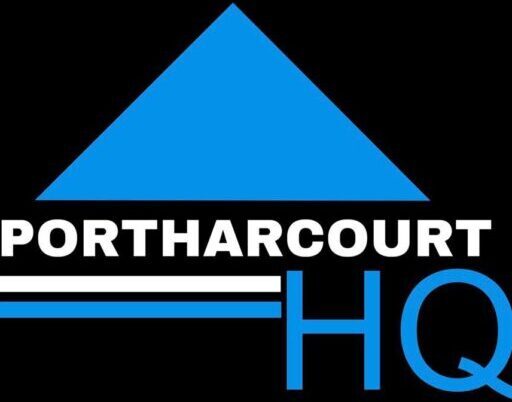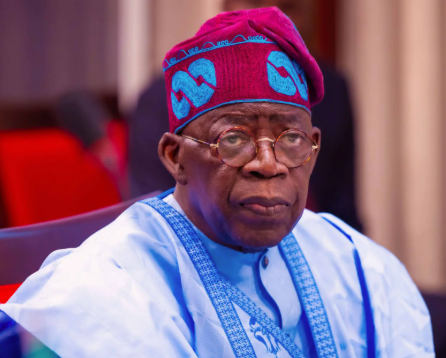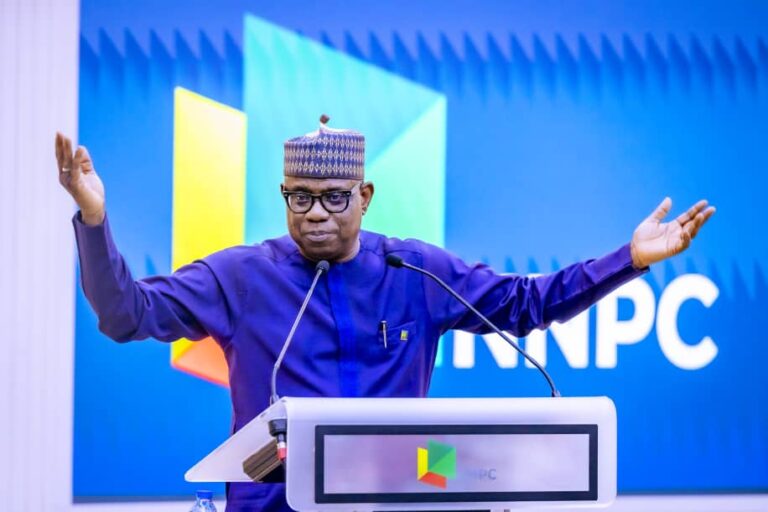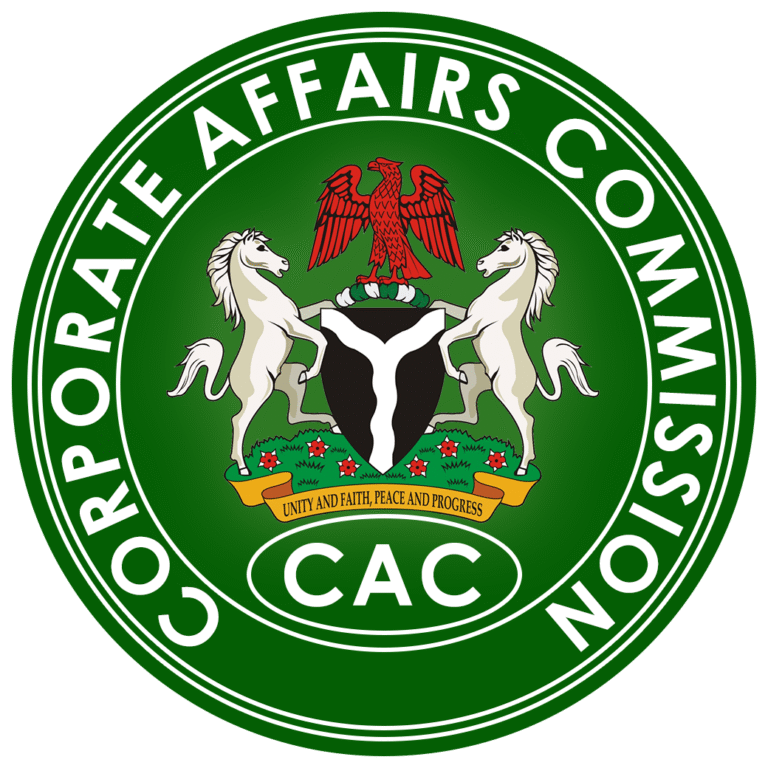Nigeria’s public debt is poised for a monumental leap as President Bola Tinubu seeks the National Assembly’s green light for nearly $24.14 billion in new foreign loans. This move, if approved, could push the nation’s total debt from an already staggering N144.67 trillion at the end of 2024 to over N182.91 trillion by 2026.
The proposed borrowing, a mix of dollars, euros, and yen, translates to approximately N38.24 trillion at current exchange rates. This comes on the heels of an alarming 48.58% surge in Nigeria’s public debt in 2024, largely fueled by a depreciating naira and increased external borrowing. For context, Nigeria’s external debt alone ballooned by 83.89% last year, reaching over $45.78 billion. The new loans would push this figure to almost $70 billion.
Why the New Borrowing?
President Tinubu, in his letter to the House of Representatives, explained that these loans are part of the 2025–2026 rolling borrowing program. They are intended to bolster critical sectors like infrastructure, agriculture, healthcare, education, water resources, security, and public finance reforms. He assured lawmakers that the projects have undergone thorough technical and economic appraisals, promising to stimulate growth, create jobs, and improve public service delivery.
In addition to the $24.14 billion, the President is also seeking approval for a $2 billion foreign currency-denominated bond program to deepen the domestic financial market, attract local dollar investments, and strengthen foreign exchange reserves. Furthermore, a N757.98 billion bond issuance is on the table to clear outstanding pension liabilities, a move aimed at alleviating hardship for retirees and restoring trust in the pension system.
These combined initiatives threaten to push Nigeria’s debt far beyond the N182.91 trillion estimate, especially when considering future domestic borrowing for budget shortfalls and upcoming debt repayments, such as a significant $1.118 billion Eurobond due in November 2025.
Economists’ Grave Concerns: Is This Sustainable?
The news has been met with a chorus of apprehension from leading economists, who are raising serious questions about debt sustainability and the efficient use of borrowed funds.
Johnson Chukwu, Group Chief Executive Officer of Cowry Assets Management Limited, highlighted that the core issue isn’t the size of the loan, but its deployment. He stressed the need for “transparency and efficiency” and cautioned that if the funds are not invested in value-generating assets, they could become a crippling burden. He urged the government to prioritize private sector partnerships for infrastructure projects to ensure better value for money.
Dr. Muda Yusuf, Chief Executive Officer of the Centre for the Promotion of Private Enterprise, expressed deep concern over Nigeria’s escalating debt service burden, which is already eclipsing capital expenditure. He warned that this trend could “crowd out essential government functions” if not managed judiciously. Yusuf emphasized the critical need for revenue growth and fiscal consolidation over continuous borrowing.
Opposition Cries Foul: “Irresponsible” and “Lacking Transparency”
The political opposition has wasted no time in condemning President Tinubu’s loan request. The Peoples Democratic Party (PDP) and former Vice President Atiku Abubakar have labeled the move as “irresponsible,” urging Nigerians and the National Assembly to reject it.
Debo Ologunagba, PDP National Publicity Secretary, called for a full account of all previous loans, expressing frustration over what he described as a “self-serving rather than people-oriented” government. He criticized the National Assembly’s perceived willingness to approve whatever the President presents, calling it a compromise of democratic institutions.
Atiku Abubakar, through his media adviser Paul Ibe, questioned the rationale behind the new borrowing given Nigeria’s worsening economic indicators and the lack of visible impact from previous debts. He warned that without “clarity and accountability,” these loans risk being “diverted into private hands.”
The coming days will be critical as the National Assembly deliberates on President Tinubu’s request, with the nation watching closely to see if the concerns of economists and the opposition will sway the decision on Nigeria’s rapidly growing debt burden.




